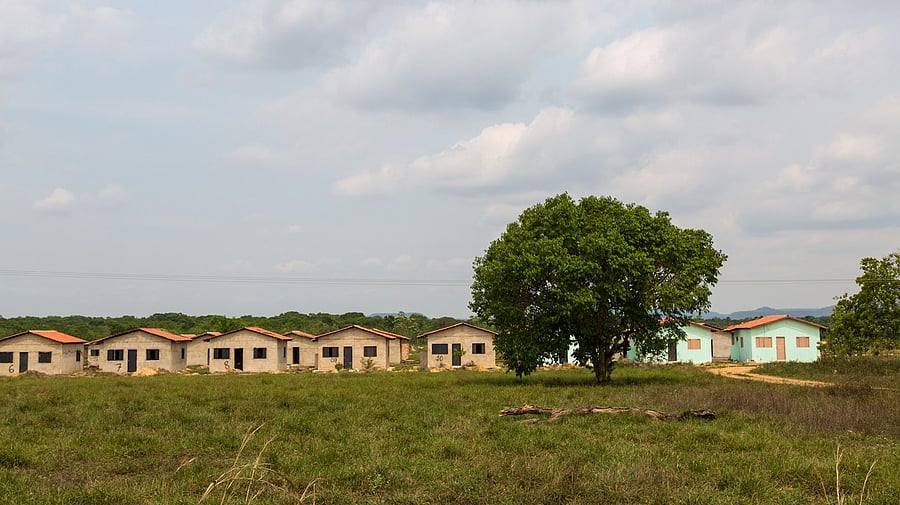
Photo for representational purpose.
Credit: iStock photo
There is abundant empirical data from across the country which shows that voluntary resettlement is a win-win solution for both people and wildlife. Yet, the progress on this important activity, barring some exceptions, is a matter of concern. First, a clear analysis of the Legal and Policy framework reveals that there is an enabling system to facilitate resettlement.
Every citizen has a fundamental right under Article 19 of the Constitution to move and settle anywhere. Anything that is contrary to the law, rules, guidelines or resolutions is void as mandated by Article 13. Legally, this means that a majority resolution of the Gram Sabha that rejects resettlement is void.
Additionally, the Wildlife Act, 1972, and the Forest Rights Act, 2006, contain provisions that allow voluntary resettlement of people. Furthermore, the Wildlife Act enables the surrender of rights on payment of compensation and also specifies that the acquisition of any land or interest for a Protected Area (PA) is deemed to be for a public purpose.
Availability of funding
There is no dearth of funding for enabling resettlement. A large sum of Rs 48,000 crore was transferred to states in 2019. The Compensatory Afforestation Fund Rules, 2018, enable a substantial allocation of funds for voluntary resettlement. However, in many states, the state authority, which is empowered to finalise budgets, does not prioritise allocations for this important purpose. This requires serious review and corrective action, without which we will only be greening India but losing forests.
Delays
The real bugbear is implementation delays. The voluntary resettlement in Nagarahole Tiger Reserve is a case in point. Out of 1,550 families, the first batch of 50 families relocated as far back as 2000. Yet, after 25 long years, this crucial project remains incomplete and rudderless.
Therefore, the real solution to resolving the impediments in implementation lies in setting up a Special Purpose Vehicle, with handpicked officers from relevant departments, with a clear mandate to ensure completion in a time-bound manner.
Further, building up trust with the people is critical, and this requires the involvement of community leaders and NGOs to ensure that there is a meaningful dialogue on the selection of the right place, preferred package and proper completion of all promised facilities at the new site. They may also help in hand-holding the people till they have fully established themselves.
Some states like Madhya Pradesh, Maharashtra and Odisha have assigned necessary priority for voluntary resettlements. However, currently, in Karnataka, there seems to be no focus, even though three key ingredients – viable alternative land, sufficient funding and willingness of people to move out are in place. The recent decision of the Union Environment Minister asking states to prioritise voluntary resettlements is timely and welcome.
(The author is a Trustee of Wildlife First and a Former Member of the National Board for Wildlife.)